What is the Currency in Greece? + Everything about Bank Cards
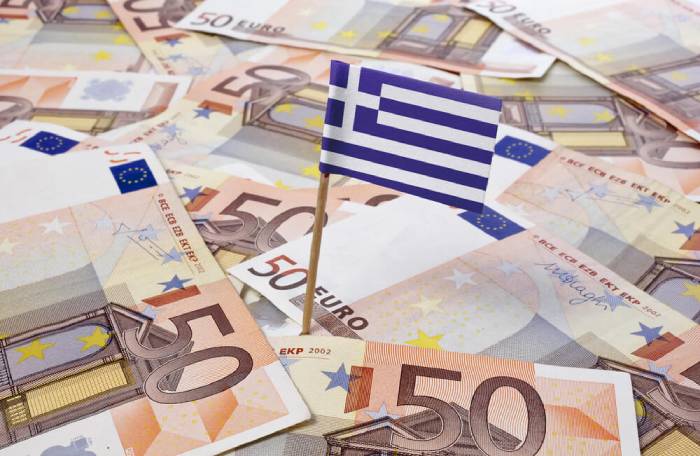
In the process of traveling, investing, or moving to Greece, one of the first practical questions you may ask is What is the currency in Greece? In 2025, Greece continues to use the euro (€) as its official currency, along with most of the countries in the European Union.
It is always helpful to have an idea of how currency will be used in your new life in Greece, whether you are moving to immerse yourself in Thessaloniki's culture, to invest in real estate in Athens, or to even apply for long-term residency in the country.
The currency in Greece today, as you go about your daily life, will be stable, recognised, and legitimate as part of the wider European financial systems. However, many new people and international clients also ask, what was the currency in Greece before euro? The simple answer is the Greek drachma, which was replaced by the euro in 2002. While the drachma was culturally significant in history, in modern Greece all official transactions are now conducted in euro.
In this short guide, we'll explain everything you need to know about the currency of Greece, how it works, how to use it, and what currency was used before the euro. Whether you're visiting for a short stay or planning a long-term investment or residency, understanding Greece's currency is a smart first step.
What is the Currency in Greece?
The legitimate currency in Greece is the euro (€), which is also the currency used for most of the European Union countries. Greece introduced the euro in 2002, replacing the Greek drachma as the monetary unit of exchange for all transactions in Greece, including buying a house to making grocery purchases.
Even if you are simply visiting Greece as a tourist and not as an investor in real estate or residency application purposes, you will now know that the currency unit is the euro, which will help you plan for expenses and manage your finances for living in Greece.
What was the Currency in Greece before Euro?
Before the Euro, Greece possessed a national currency in the Greek drachma (GRD), one of the oldest established forms, dating as far back as ancient Greece. There have been many forms throughout its lifespan, from ancient silver city-state minted coins to being used today as currency that contained both coins and banknotes, first produced in the 19th and 20th centuries. For a very extended span of modern Greek history, the drachma represented a symbolically powerful link of economic autonomy and national identity.
Greece formally joined the Eurozone in January 2001, adopting the euro symbol (€) for electronic transactions, and banknotes and coins started circulating to displace the drachma from January 2002. The exchange rate was fixed at 340.75 drachmas for 1 euro. Although the drachma is no longer circulated day to day, it is still an important point of reference as a symbol of culture and history in Greece and is usually remembered nostalgically by Greeks.
For inhabitants and investors interested in learning about the Hellenic Eurozone transition, it is essential to understand this pivotal moment for Greece's future economic integration into the European economy, including its impact on properties, careers, and residency through the Golden Visa for Greece.
Can I Pay with a Bank Card in Greece?
You can use most international bank cards in Greece, including Visa, Mastercard, and American Express, at most places. ATMs are widely available in cities and towns, and most of the hotels, restaurants, supermarkets, and other stores will accept card payments. There are still a few businesses in smaller villages, and for some small purchases, people still prefer cash. That's why it makes sense to have some euros on hand.
If you plan to spend a significant amount of time in Greece, whether for buy houses in Greece or residency applications, having a Greek bank account can be extremely convenient. Every day expenses are easier to handle, as well as paying utility bills, and property transactions. Obtaining a Greek bank account is usually an easy process that only requires proper identification, a residence certificate, a Greek tax number (AFM), and occasionally income evidence.
For clients who are purchasing property in Greece through our services, particularly for Golden Visa applications, we handle the entire bank account opening process. This ensures that once your account is set up, you can seamlessly complete your property purchase and move forward with your residency application. With our guidance, the process is smooth, compliant, and aligned with your investment goals.
What is the difference between Cyprus and Greece? In the other article, we have discussed this subject.
Conclusion
It's vital to understand the currency used in Greece and how to manage your finances effectively as part of your travel, investment, or relocation planning. From knowing that the euro (€) is the official currency, to informing you about the richness of Greece's monetary past with the drachma, to educating you on how to use bank cards and open a local account, all these elements assist you to anticipate your daily life.
At iLand, we've been guiding clients since 2014 through every stage of their move to Greece, from property selection in prime locations, to opening bank accounts, to securing residency through the Golden Visa or financially independent visa Greece. If you're ready to take the next step toward living and investing in Greece real estate, our expert team will make sure your journey is seamless, secure, and tailored to your needs.
News
Keep up with the latest updates on the industry of real estate investments.





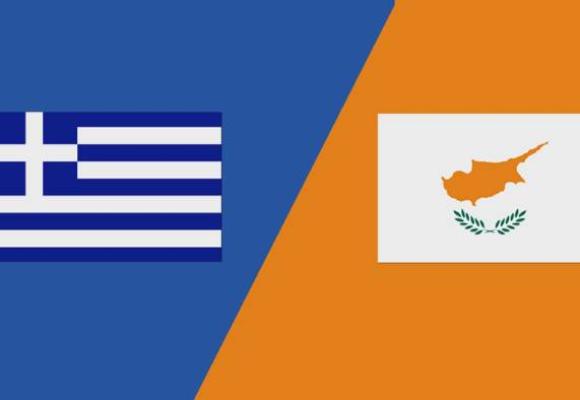


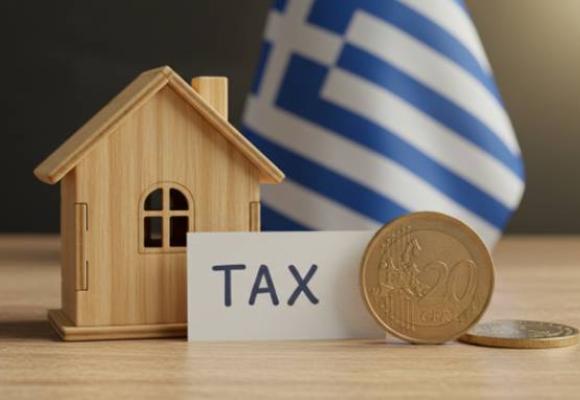

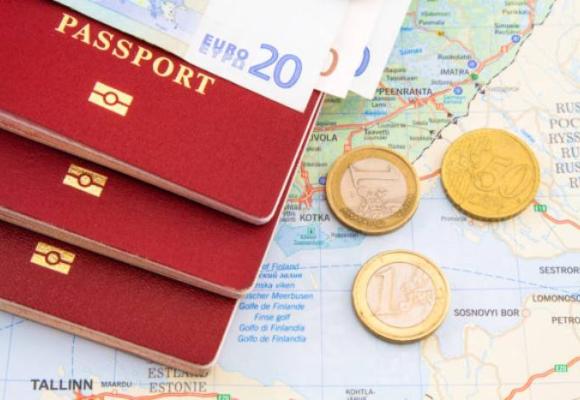

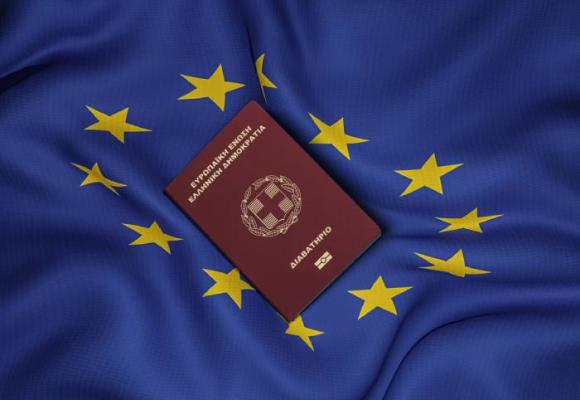
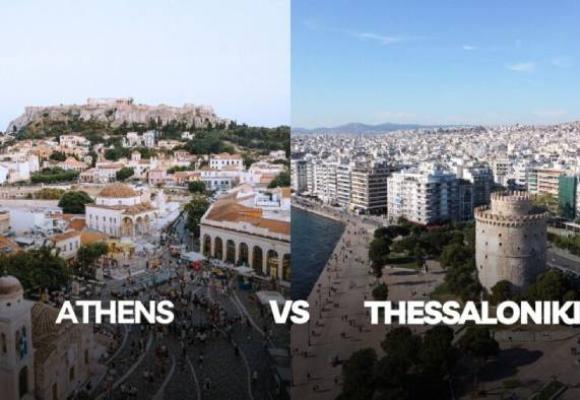











Add new comment